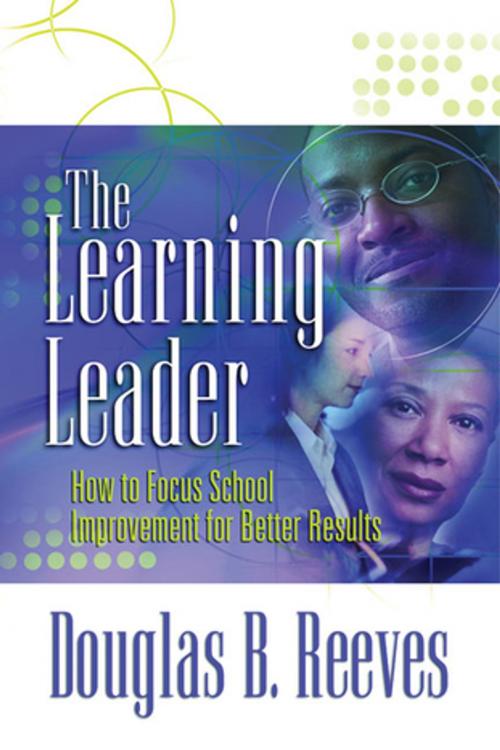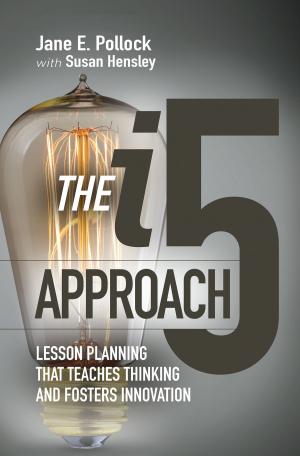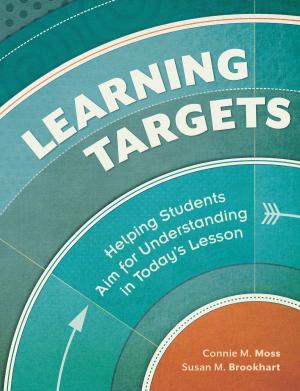The Learning Leader
How to Focus School Improvement for Better Results
Nonfiction, Reference & Language, Education & Teaching, Teaching, Teaching Methods| Author: | Douglas B. Reeves | ISBN: | 9781416615132 |
| Publisher: | ASCD | Publication: | April 15, 2006 |
| Imprint: | ASCD | Language: | English |
| Author: | Douglas B. Reeves |
| ISBN: | 9781416615132 |
| Publisher: | ASCD |
| Publication: | April 15, 2006 |
| Imprint: | ASCD |
| Language: | English |
“We can’t do that in our school district.” “I don’t have time to add that to my curriculum.” “We’re fighting against impossible odds with these students.” Effective school leadership does not have to be a losing battle. In The Learning Leader: How to Focus School Improvement for Better Results, Douglas B. Reeves helps leadership teams go beyond excuses to capitalize on their strengths and reduce their weaknesses. He introduces the Leadership for Learning Framework, which challenges readers to consider that student achievement is more than a set of test scores. Reeves asserts that when leaders focus exclusively on results, they fail to measure and understand the importance of their own actions. Instead, he encourages leaders to use the Leadership for Learning Framework to look deeper into their results. The framework helps leaders distinguish between “Lucky” educators, who achieve high results but don’t understand their actions, and “Leading” educators, who achieve high results and understand how their actions influence their success. From conducting strategic planning to evaluating projects to organizing leadership teams, The Learning Leader will help leaders reconceptualize their leadership role and motivate their colleagues. Reeves urges teachers and administrators to become more efficient and focused leaders, but most important, he charges them to be better educators for their students.
“We can’t do that in our school district.” “I don’t have time to add that to my curriculum.” “We’re fighting against impossible odds with these students.” Effective school leadership does not have to be a losing battle. In The Learning Leader: How to Focus School Improvement for Better Results, Douglas B. Reeves helps leadership teams go beyond excuses to capitalize on their strengths and reduce their weaknesses. He introduces the Leadership for Learning Framework, which challenges readers to consider that student achievement is more than a set of test scores. Reeves asserts that when leaders focus exclusively on results, they fail to measure and understand the importance of their own actions. Instead, he encourages leaders to use the Leadership for Learning Framework to look deeper into their results. The framework helps leaders distinguish between “Lucky” educators, who achieve high results but don’t understand their actions, and “Leading” educators, who achieve high results and understand how their actions influence their success. From conducting strategic planning to evaluating projects to organizing leadership teams, The Learning Leader will help leaders reconceptualize their leadership role and motivate their colleagues. Reeves urges teachers and administrators to become more efficient and focused leaders, but most important, he charges them to be better educators for their students.















